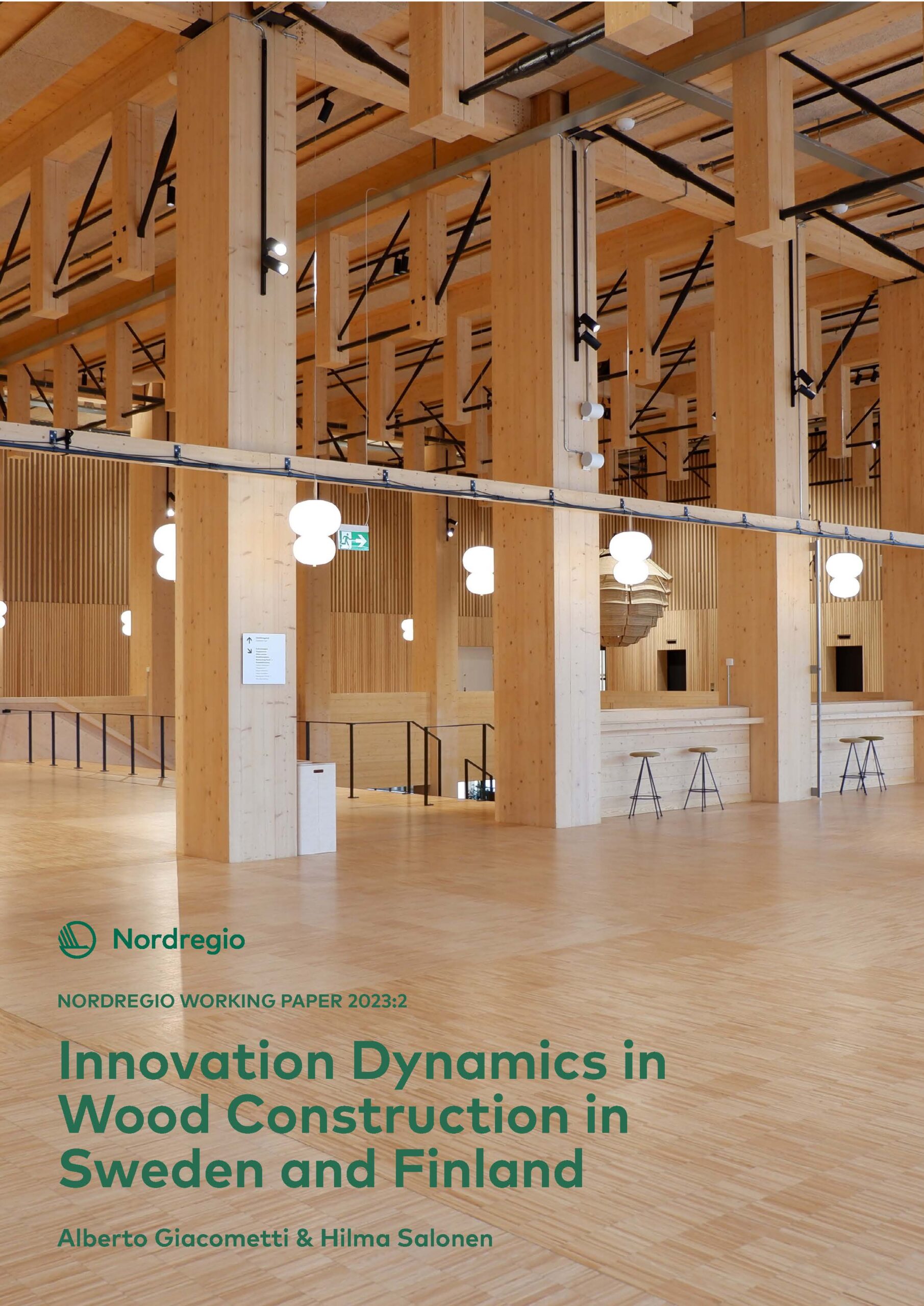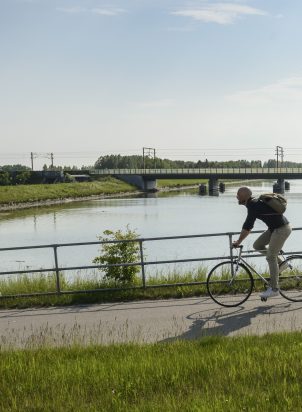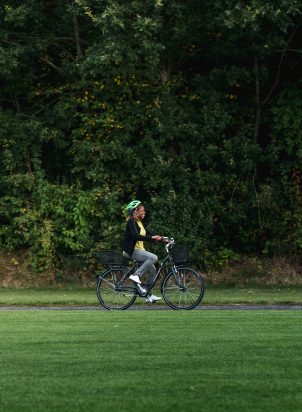The rapid developments in wood-construction and the huge expectation built around the potential of ‘greening’ the construction sector by replacing concrete and steel with wood provide our empirical ground to study the drivers of innovation. This publication provides the results of a case study on the construction sector transformation process triggered by the emergence of wood-based construction in Sweden and Finland, particularly of multi-storey buildings.
We especially aim at reconstructing the micro-processes leading to innovations and breakthroughs in the market. Interviews with a variety of stakeholders have contributed to a reconstruction of a historical overview of some of the main events and drivers decisive for the industry’s development, from far past industrial and policy-driven steppingstones to more recent developments. In our analysis, we zoom into the more granular microprocesses that become evident when examining the interactions between actors within and beyond their formal roles.
The publication is one of the outcomes of the project titled “Systems perspectives on Green Innovation (GRINGO)” that explores the bottlenecks to innovation and the green transition from a systemic perspective. The project focuses on uncovering the links between agency and innovation, particularly regarding the role of different ‘change agents’ in driving transition processes.
The previous step of the project consisted on exploring key concepts, their application, and their theoretical foundations within innovation and policy traditions. It concluded in the Discussion Paper: A conceptual review on the systems perspectives on green innovation, published in September 2022. The paper touches upon the academic discussion that has developed around the drivers of innovation. The debate breaks away from the simplistic structure-agency divide, which attributes causality either to structures (rules-of-the-game) or agency (actors), to consider the complex interplay between actors, formal and informal institutions, and contextual conditions determining innovation. These theoretical perspectives then guided the second step of the project, an empirical study on a selection of topical green transition cases, particularly regarding sectoral or industrial transformation.
The project is implemented within the Nordic Thematic Group for Green, Innovative and Resilient Regions 2021-2024.






